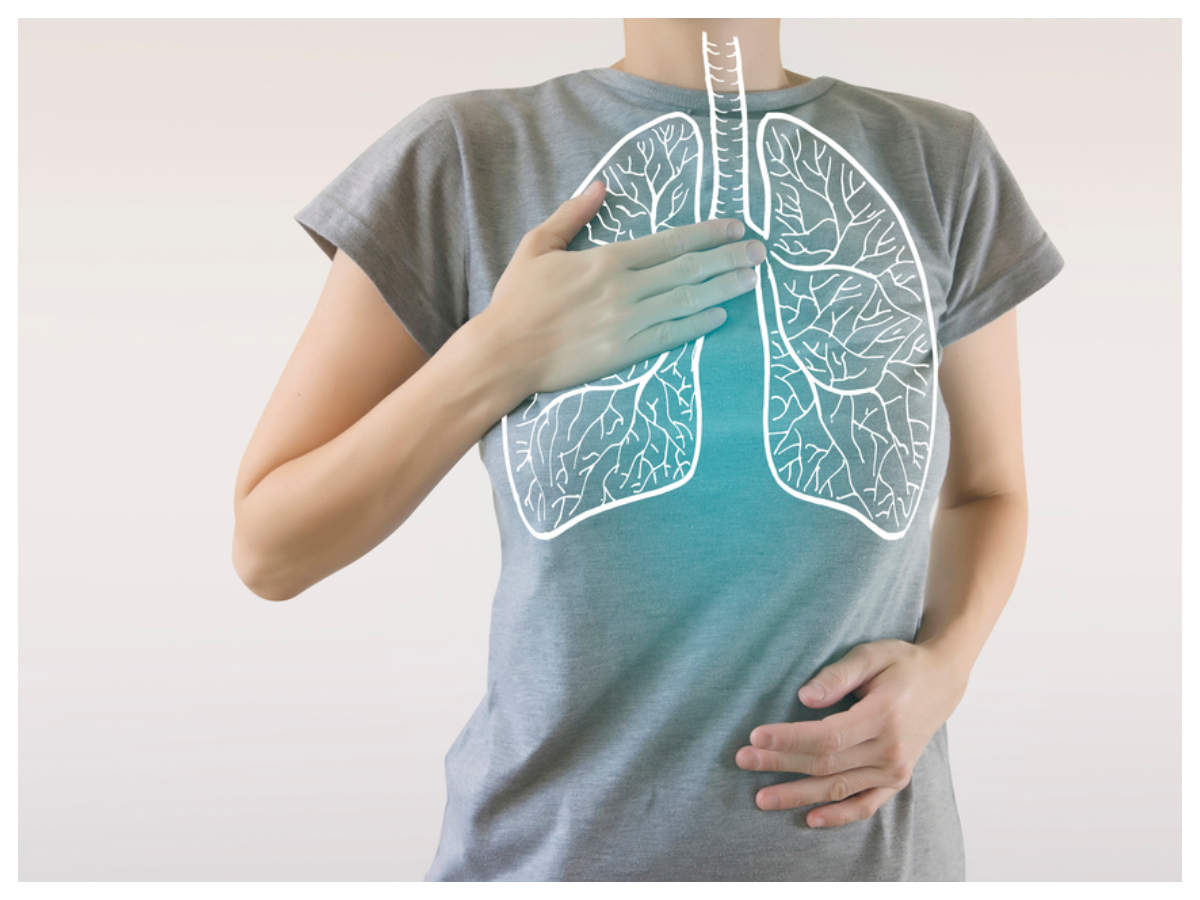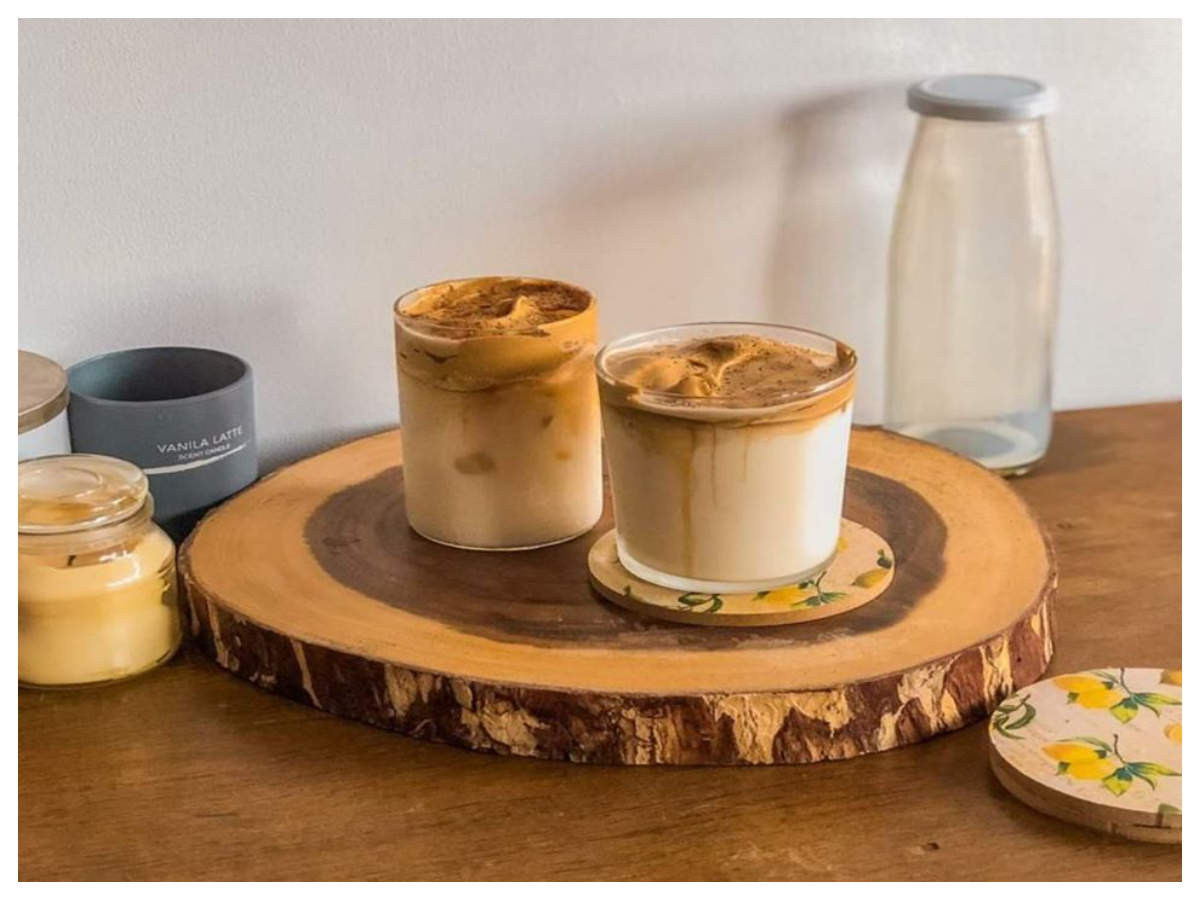
LONDON: A Kolkata woman is playing a crucial role in the Oxford University team trying to develop the Covid-19 vaccine which could potentially end the global pandemic.
Chandra Datta, 34, who lives in Oxford, is working as a quality assurance manager at the university facility which is manufacturing the anti-viral vector vaccine — ChAdOx1 nCoV-19 — which went to human trials last Thursday. If the vaccine passes the trials, it could be made available to the public by September or October this year, she said, warning, “It all depends on the trial data.”
Datta, who hails from Kolkata, went to Gokhale Memorial Girls’ School and completed her BTech in engineering and biotechnology from the Heritage Institute of Technology, Kolkata. She moved to the UK in 2009 to take the MSc-Bioscience (Biotechnology) course at Leeds University.
Datta then worked in a variety of roles such as at GSK, a startup called Senzer and pharmacy company Aptuit, before landing her job at Oxford University’s clinical bio-manufacturing facility that produces viral vector vaccines for early phase clinical trials all over the world. Datta oversees the quality assurance side of the vaccine manufacturing, making sure procedures and methods are compliant and good manufacturing practices are being followed.
“After I have checked all the paperwork, the quality professional does certification of the batch that he is happy for the vaccine to go to clinical trial. That happened on Wednesday with the Covid-19 vaccine,” said Datta who is currently working from home.
“It has been an amazing experience,” she said. “The last one month everyone has been really pressured but we got it done very quickly. There has been a massive team effort.”
Datta told TOI, “From what I have heard, we are planning to start mass manufacture at the Serum Institute in Pune before the trial passes so as soon as trial passes, it can go to the market.”
“Vaccine development normally takes three to four years and we are trying to get this done in a few months. So far we have made approximately 600 of the vaccines. We are in the process of manufacturing more. I think we can make 1,000 and then it will get mass produced. They are looking into more manufacturing facilities in UK which not finalised yet,” she said, adding things were not fixed.
The Oxford team plans to vaccinate 800 volunteers in the UK over the next month. If the trial is successful, then they will approach the Government of Kenya for permission to evaluate in Kenya.
“I think the UK will be the first to have it obviously since it is a British invention. The vaccine will need to be given to the whole world if enough manufactured vaccines are available,” she said.
Chandra Datta, 34, who lives in Oxford, is working as a quality assurance manager at the university facility which is manufacturing the anti-viral vector vaccine — ChAdOx1 nCoV-19 — which went to human trials last Thursday. If the vaccine passes the trials, it could be made available to the public by September or October this year, she said, warning, “It all depends on the trial data.”
Datta, who hails from Kolkata, went to Gokhale Memorial Girls’ School and completed her BTech in engineering and biotechnology from the Heritage Institute of Technology, Kolkata. She moved to the UK in 2009 to take the MSc-Bioscience (Biotechnology) course at Leeds University.
Datta then worked in a variety of roles such as at GSK, a startup called Senzer and pharmacy company Aptuit, before landing her job at Oxford University’s clinical bio-manufacturing facility that produces viral vector vaccines for early phase clinical trials all over the world. Datta oversees the quality assurance side of the vaccine manufacturing, making sure procedures and methods are compliant and good manufacturing practices are being followed.
“After I have checked all the paperwork, the quality professional does certification of the batch that he is happy for the vaccine to go to clinical trial. That happened on Wednesday with the Covid-19 vaccine,” said Datta who is currently working from home.
“It has been an amazing experience,” she said. “The last one month everyone has been really pressured but we got it done very quickly. There has been a massive team effort.”
Datta told TOI, “From what I have heard, we are planning to start mass manufacture at the Serum Institute in Pune before the trial passes so as soon as trial passes, it can go to the market.”
“Vaccine development normally takes three to four years and we are trying to get this done in a few months. So far we have made approximately 600 of the vaccines. We are in the process of manufacturing more. I think we can make 1,000 and then it will get mass produced. They are looking into more manufacturing facilities in UK which not finalised yet,” she said, adding things were not fixed.
The Oxford team plans to vaccinate 800 volunteers in the UK over the next month. If the trial is successful, then they will approach the Government of Kenya for permission to evaluate in Kenya.
“I think the UK will be the first to have it obviously since it is a British invention. The vaccine will need to be given to the whole world if enough manufactured vaccines are available,” she said.
Download
The Times of India News App for Latest World News
Subscribe
Start Your Daily Mornings with Times of India Newspaper! Order Now

Coronavirus outbreak
Trending Topics
LATEST VIDEOS
More from TOI
Navbharat Times
Featured Today in Travel
Get the app









